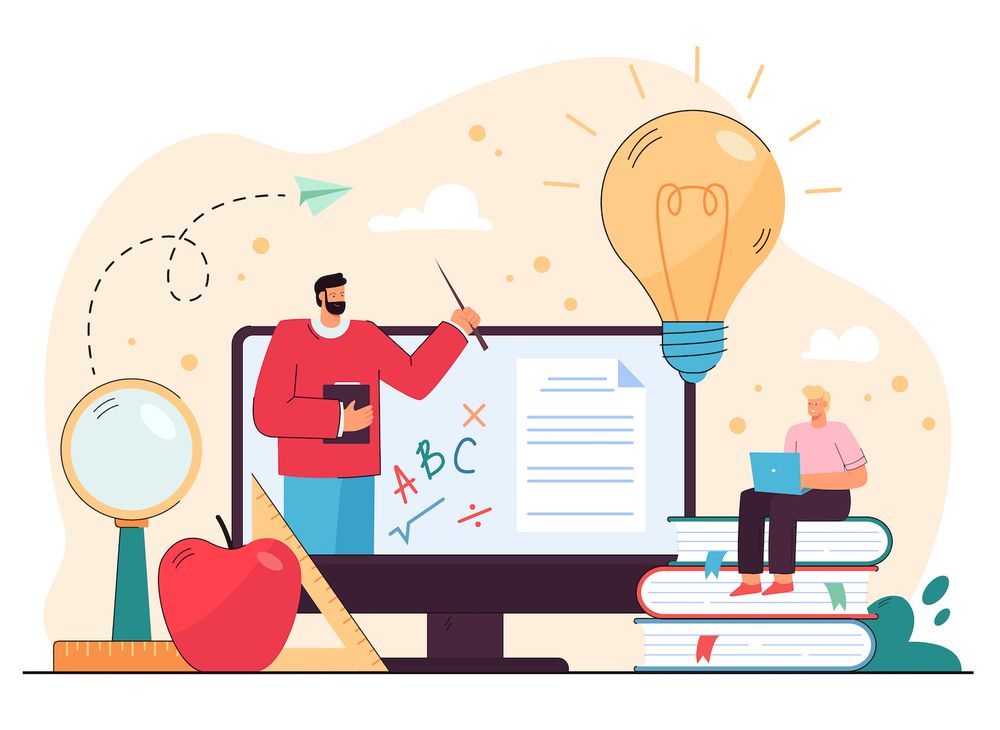Staff Pick: "The Tunnel" by Arash Ashtiani
In this week's Staff Pick Premiere, "The Tunnel," BAFTA-nominated filmmaker Arash Ashtiani tells the harrowing tale of three refugees fighting for their lives along the Euro Tunnel that connects France and the UK.
Informed by real-life accounts and based on true stories, this film stands firm in its depiction of the courage and sacrifice that is unjustly demanded from millions of people seeking basic human rights. "The Tunnel" drops us into the tension-filled third part of the larger narrative Ashtiani is writing with his co-writer Daniel Metz. However, it stands on its own as a compelling and terrifying tale about how far three individuals will go to for the sake of living an improved life.
Ashtiani describes the stories the film's director heard during his preparation for this movie as "rollercoasters" of physical and emotional tension. In the film, the feeling of this is recorded through the enveloping visual layout of the tunnel and the precise editing that is a whirlwind of camaraderie between the men in the tunnel, their fear growing as the train approaches as well as the quiet of the station.
Ahead of the launch, we spoke to Ashtiani for more information about the film as well as his process. Take a look for a deeper review of the process he used to pull off such an engaging and ambitious film.

on the source of inspiration for the movie:
"'The Tunnel' was inspired by a true tale. My community of friends in London includes people who came to the UK through a variety of ways as well as some in heroic and horrific ways in the past 20 years. One of the topics that we talk about is how we arrived to the UK and how some came directly from Calais to Kent using different methods of transportation.
After hearing their tales I was compelled to relay their stories. The stories they tell can be described as a rollercoaster ride of emotions and events to me. The obstacles they face and the hopes they pursue their hearts set on, the determination to get moving, and also the energy. There's physical and mental exhaustion, and times when their humanity is tested. The film is filled with laughter and hope at the lowest point and these are the things have inspired me to write the film. ."
On the writing process:
"'The Tunnel" is the third act in the film script Daniel Metz and I wrote with Daniel Metz. The first two acts follow these men on their way to Calais learning to operate the Tunnel. The first draft of the feature script in 2015. Since then we made the film and at the moment we are writing the second version of the feature script.
We didn't want to make an anti-refugee film however in the course of research and writing of the script We spoke to individuals who lived in Calais and then travelled to the UK. We read memoirs by refugees who have written their own stories. We also played plays, and documentaries. We also watched films on the camps of Calais and the way people reside in the camps."

On the production design and cinematography
"From the beginning of the writing process, we had this question concerning where to take the tunnel. We were aware of some details regarding the EuroTunnel and even though we wanted to keep the real characteristic of the tunnel we didn't want to restrict ourselves to those specifics. After months of searching for the perfect location and scouting, we made the conclusion that it would be better to film in the studio. The challenge was how to design extensions for each side of the studio.
Mike McLouglin, our production designer, has done an incredible job of re-creating a section of the tunnel within the studio. Nick Morris, our DP was awestruck by the way he shot it. One of the challenges was to create extensions for each side of the set , so that viewers could see the tunnel as an infinite black space. Mike extended it with the genius idea of putting the mirrors on both ends to ensure that when you look at each end you see an endless tunnel. Mike created the scale model of the tunnel. We utilized a Hornby Eurostar model train with an extremely small lens that was connected to it. This allowed us to capture the scenes of the train as it traveled across the tunnel. It seemed bonkers, but once Static VFX then brought their expertise and magic into the post-production, everything began to make sense and look stunning.
We decided to get closer closer to the principal character over time as the years went in. Each time we cut from the station to the tunnel, it brings us closer to the main character , and this helps create an experience that is more personal to the tunnel, and also the fearless effort to navigate it ."

When editing the film:
"The edit process for this film was among the most fascinating aspects of the whole process. One of the most important goals for me was to see how we can create tension and suspense. My co-writer, Daniel Metz and I had written it into the script but I understood it properly during the editing phase and must thank director Stuart Gazzard for this.
Through the editing process I found out what type of details we should gradually introduce in order to build suspense. The film was shot by Gare de Nord train station footage along with the model train once the rough cut. Editing shaped the story by creating the main character, adding suspense, and the pace of the film."
On the challenge of making the film
"I believe that, generally, making films is challenging. One of the major problems filmmakers face is finding money to make their films. It took me several years to identify producers. Anna Seifert-Speck had been leading a program at Berlinale Talent Campus where she heard me pitch the project and introduced me to Anna Griffin. We raised funds together from The BFI Network and Lush Film Fund.
The mindset for shooting running and action scenes is distinct when shooting emotional scenes. The difference was apparent during shooting and the distinction was evident for me. In looking back over the shooting days I learned that I used the same amount of time between scenes of action and emotional scenes that could have been done in a different way... I could bring the excitement and urgency of the escape scene and running into the scene by shooting them in the fastest and most intense time-frame and spending longer on the interactions between the characters."

With hopes for the movie:
"I consider that the issue that continues to increase is the rise of Nationalism and populist political leaders in British and European government. The government is the one who uses racist and anti-migrant sentiments for their own political benefits.
By the new British law that was adopted just a few several months ago, teenage male refugees just like The Tunnel's characters in the Tunnel' will be transferred to Rwanda from now on in order to await the cases of refugees to be dealt with. I would like to think that the viewers understand the people who go through the hell of getting to the beloved refuge of the viewers are humans and full of hopes for a better existence, a peaceful and meaningful life. They escape their homes and countries either from war and religious fanaticism or economic difficult times. They better get humane treatment so that they can join the society instead of always labeling them as criminals.
I would like to believe that after looking at a couple of strange characters in a strange setting and facing challenges due to human basic needs, audiences see their commonality and recognize the characters as individuals."
A word of advice to filmmakers who are aspiring:
"Filmmaking is not a solo job and it's collaborative work. Find people who make you excited about what you're trying to accomplish. The trust they have in your taste is essential for creative collaboration. The foundation of trust is knowing your fellow colleagues. Spend time with them as much as you feel you require, then pay attention to their words Ask them to share with you their top five films and see If you relate with them or not. It doesn't matter if they are close to the film you want to make or not however it will help you determine if your worlds are close and you have an identical vision for your film.
Don't let the technical aspects of your story bog you down Don't let your story be compromised due to the technical aspect.
Be respectful to your colleagues and Be insistent!"
The next step:
"Developing and making 'The Tunnel" feature film is the next thing I'm working on. The characters' story unfolds from the time they step into the tunnel. Co-writers, Daniel Metz, and I are working on the feature-length script with what we learned during the making of the short.
I've recently finished the feature-length documentary of an Iranian exiled poet, Esmaeel Khoei. She died in London in 2021. It's mostly constructed by the VHS tapes he had collected in his first period of exile. It'll be released in October ."
